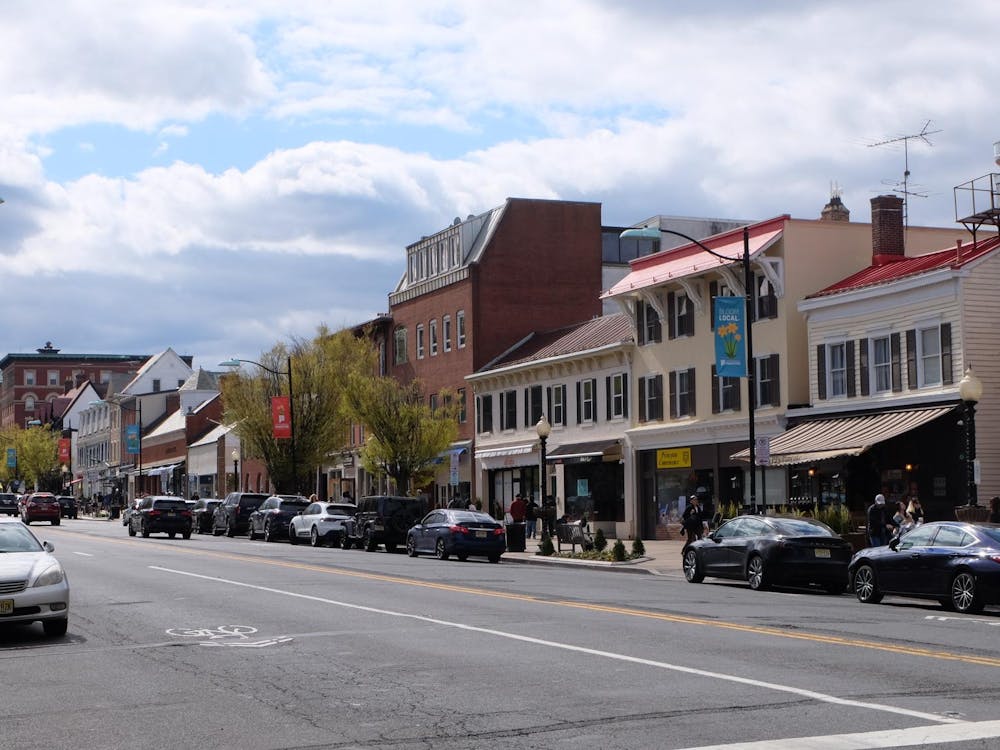Moderated by Wilson School lecturer and former U.S. ambassador Daniel Kurtzer, the panel also featured visiting Wilson School research scholar and lecturer Marwa Daoudy and Karam Nachar GS of the history department. The panelists analyzed the history and underlying causes of the country’s 2011 revolution and considered the movement’s future.
Ambassador Murphy opened with a response to Kurtzer’s introduction. “It was a misleading introduction when you said I had come to talk about hope,” he said.
Characterizing the Syrian regime as one of doom, Murphy described his own experiences in the country since he arrived in Aleppo in 1960 to serve as consul. He continued by painting a bleak picture of the country’s involvement on the international stage.
“Syria was the state that never cooperated with American efforts on the Arab-Israeli peace process, that tried to dominate Lebanon, that gave shelter to the radical Hamas leaders,” he said.
Murphy said he saw the roots of the revolution in the people’s frustrations with corruption, the lack of jobs and their sense of powerlessness. However, he added that large parts of the Syrian population were reluctant to join the revolution. For a business community, he said, a regime change could pose a threat to its interests.
Murphy ended on a pessimistic note. In a conflict where “neither those critics nor the regime are strong enough to prevail over one another,” he predicted a lengthy period before the regime’s collapse.
Daoudy started with an analysis of the root causes of the revolution, which she said “started mainly with a focus on social injustice,” as the people asked for “an end to corruption and an equitable distribution within the population.”
She agreed with Murphy that the regime is not about to collapse soon, as “30-40 percent of the population is still on the sideline or supporting the regime,” he said.
Daoudy then analyzed points of contention within the revolution movement, including disagreements on whether the movement should be peaceful or violent, whether it should engage in dialogue with the regime, whether the Syrian army should play an offensive or defensive role and whether foreign military intervention should come into play.
Citing the Iraq War and a number of historical examples, Daoudy strongly opposed military involvement. “My position on foreign military intervention is very clear,” she said and argued instead in support of other measures such as sanctions.
Nachar, the son of a leader on the Syrian National Council — a major player in the revolution — offered both professional and personal insights into the movement. He agreed with Daoudy’s analysis of certain rifts within the revolution but said that in the last two weeks there has been an emerging consensus that the regime will not be toppled unless there is a protracted civil war or an international intervention.
“We were still waiting for the Tahrir Square moment that never actually materialized,” Nachar said. “The choice now is between leaving the country to more and more chaos ... or [receiving] active involvement from the international community.”

The event, titled “Up to the Minute: The Latest Political Developments in Syria,” was held on Tuesday afternoon. The panel was held in a full Dodds Auditorium in Robertson Hall.







